Update 06/01/24: Today we released a video based on this story with new data and commentary around what’s happened in the year since it was first published in 2023. Enjoy, and if you prefer reading, the original story continues below.
Genesis, Cadillac, Lexus. They’re all luxury brands under a larger automaker’s umbrella that offer fresh new cars and at least one fully-electric vehicle. And then there’s Ford’s luxury marque Lincoln, which is basically absent from the conversation right now. It’s not in the press, it had to postpone the planned 2022 reveal of its first EV, and after years of steady declines, it just turned in its worst Q1 sales numbers in decades (18,934 if you’re keeping score). From the outside, one of the most storied names in American luxury looks to be desperately in need of something, anything to get it back on track. Because when it comes to its rivals, they’re pulling out all of the stops.
How did we get here? The pandemic, an unfortunately-timed blitz of new product launches, and a failed scheme with Rivian seem to be at the core of the automaker’s current woes. It goes deeper than recent problems, though. From what we can ascertain about Lincoln’s future offerings, it seems like its coming electric lineup may pale in comparison to the spread offered by its Korean, Japanese, and domestic rivals—never mind the Europeans. Many competitors already or will soon have electric flagships on the road. Lincoln, as far as we know, will still be pushing commodity SUVs and crossovers. At a time when other automakers are taking electrification as an opportunity to spread their wings and get back to their roots, this could be a plan doomed to mediocrity.
Three Cars, One Year, One Coronavirus
Things don’t look good now, but Lincoln has not charted a clear course for some time. It hasn’t seriously been in the mix since the late 1990s, when it beat GM to the luxury truck game with the Navigator. Cadillac quickly found its footing and defined the segment, though. Since then Lincoln got mixed up in the Premier Auto Group—Ford’s doomed luxury subdivision of Jaguar, Land Rover, Aston Martin, Volvo, and Mercury—with very little to show for it. The iconic Town Car bowed out in 2011, followed by the rest of its sedans when Ford pulled the plug on that whole body style. The latest Navigator is good and brought back some focus around a midcentury luxury ethos, sure, but it’s still not enough. The luxurious behemoth plays a seemingly permanent second fiddle to the Escalade.
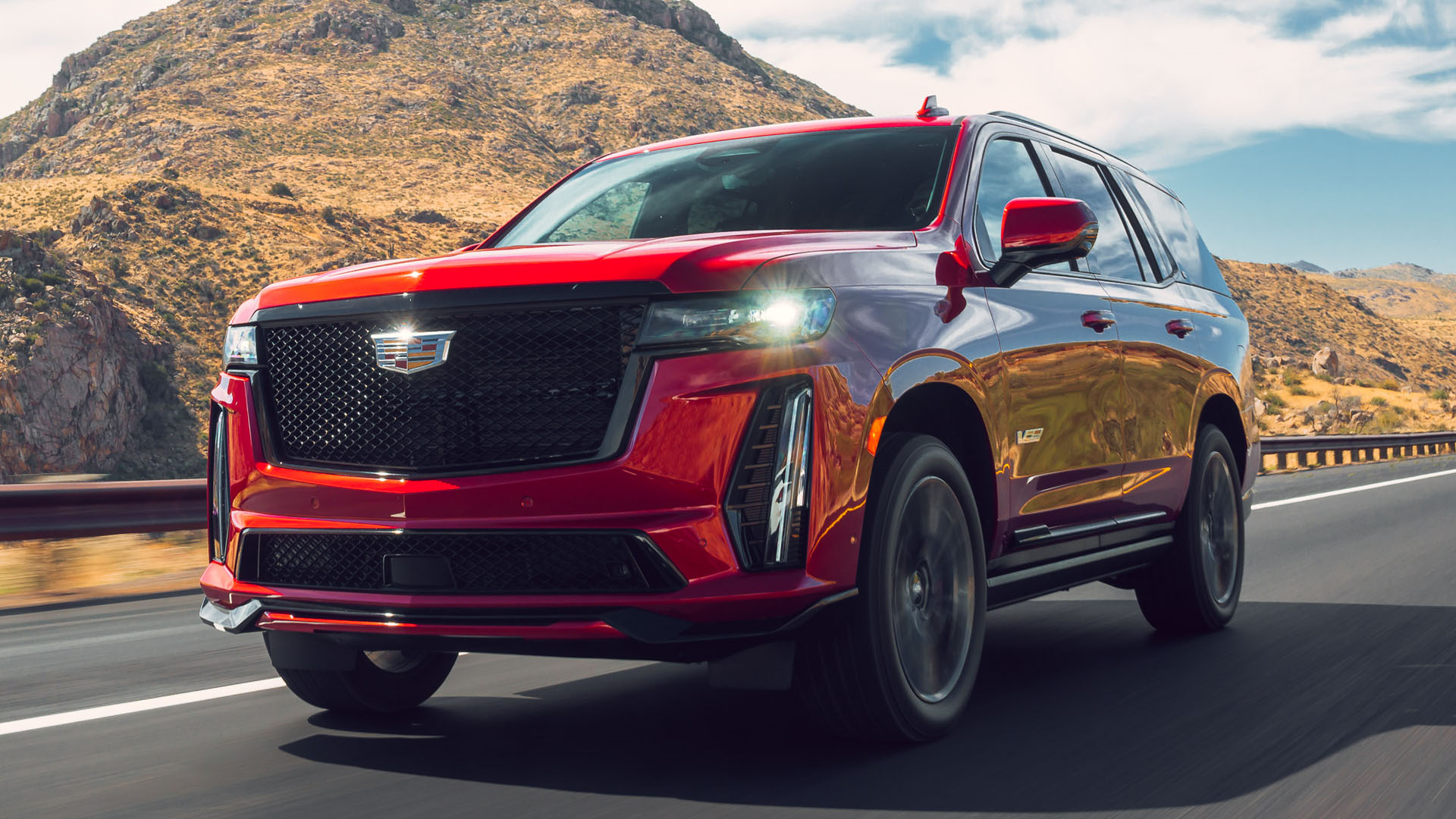
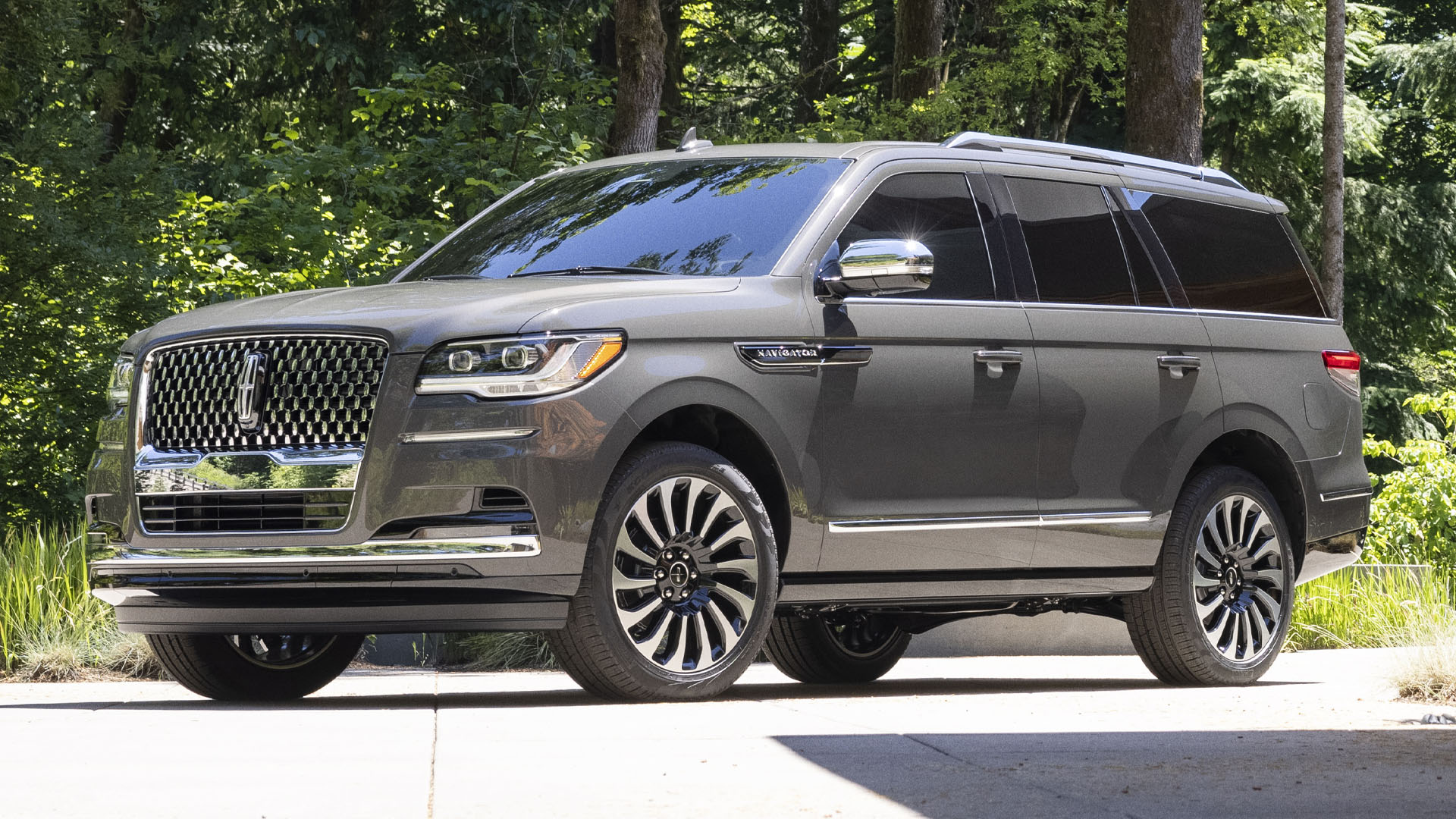
And that brings us to now. The pandemic has been the beginning of more trouble for Lincoln. Sales saw their most recent peak in 2019 and it released a slew of new vehicles that year. The Nautilus, Aviator, and Corsair—three of its four current products—all started production in 2019. The current generation Navigator, which recently saw a refresh, entered production in 2017. Two things came to a head starting in 2020, at the worst possible time: Lincoln’s reliability plummeted thanks to these unproven new models, and the development timeline hit a natural lull.
Along with the hurdles of pandemic-related supply chain issues and development delays, the automotive landscape has changed more rapidly in the last three years than it has in the last century. BEVs, not hybrids like Lincoln focused on, are now the name of the game. Ford was the first major domestic brand to launch an electric crossover and an electric pickup, sure. But the F-150 Lightning and the Mustang Mach-E are still the only two it sells (save the E-Transit), and neither of them has a Lincoln equivalent.
That wasn’t supposed to be the case. Cast your mind back to just before the world spiraled out of control, when Ford stated officially that Lincoln’s first BEV would come as a collaboration with Rivian as part of a larger manufacturing partnership. After Covid swept the globe, however, the project was canned. What would’ve been an early, high-hype entrant into the EV space from Lincoln never came. And with Ford’s lack of a dedicated, super modular EV platform like Hyundai or General Motors, that turned out to be a bigger problem than it needed to be. And that is how you end up selling fewer cars over the last three months than at the height of the Great Recession.

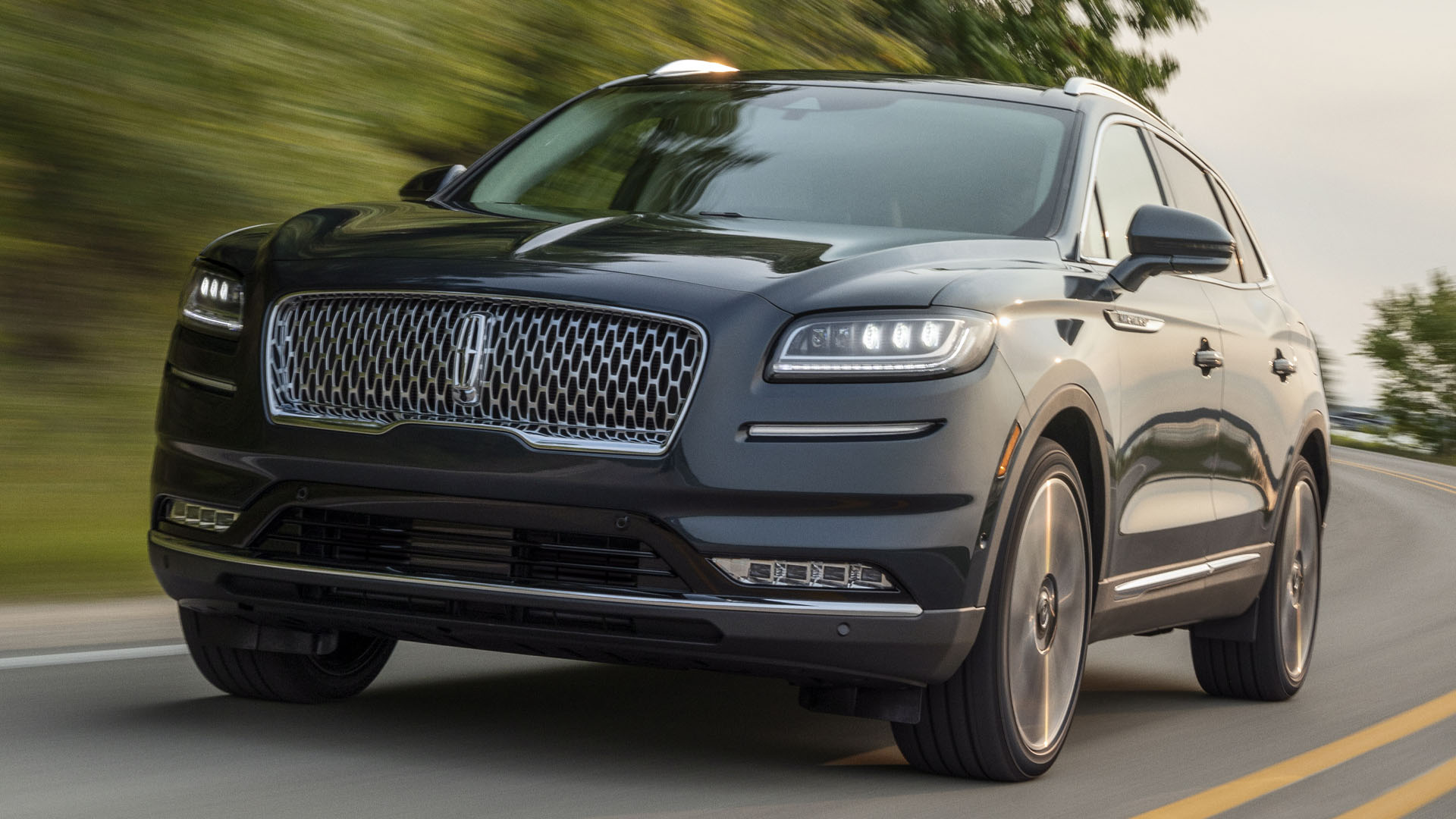
Stiff Competition
For reference, Hyundai’s Genesis brand already offers the G80 Electrified as well as the GV60 and GV70 Electrified. It’s also laid out a full lineup, expected by 2025, for us to preview—albeit from a distance. And don’t look now, but Genesis sold 13,769 cars in Q1; less than Lincoln, sure, but this is from a brand that’s existed for seven years and doesn’t even sell its full lineup in all 50 states. And I’d bet most Americans still haven’t even heard of Genesis.
Likewise, say what you will about Cadillac’s own struggles in the 21st century, but it’s never given up on its bread-and-butter sedans and electrification seems to be a good fit for it. The company already offers the Lyriq and production is ramping up rapidly. The brand-defining Celestiq also enters production in December, and three new electric vehicles we haven’t seen before will be unveiled this year.
Even Lexus, which was notably slow to release its first BEV, already has an offering you can buy and several more on the horizon. The fact that Toyota is so bearish on EVs and it beat the remarkably aggressive Ford to the punch is embarrassing. It gives the impression that, without necessarily even being interested, Toyota’s luxury brand got an EV on the road before Ford’s own high-dollar mark could even get its ducks in a row.
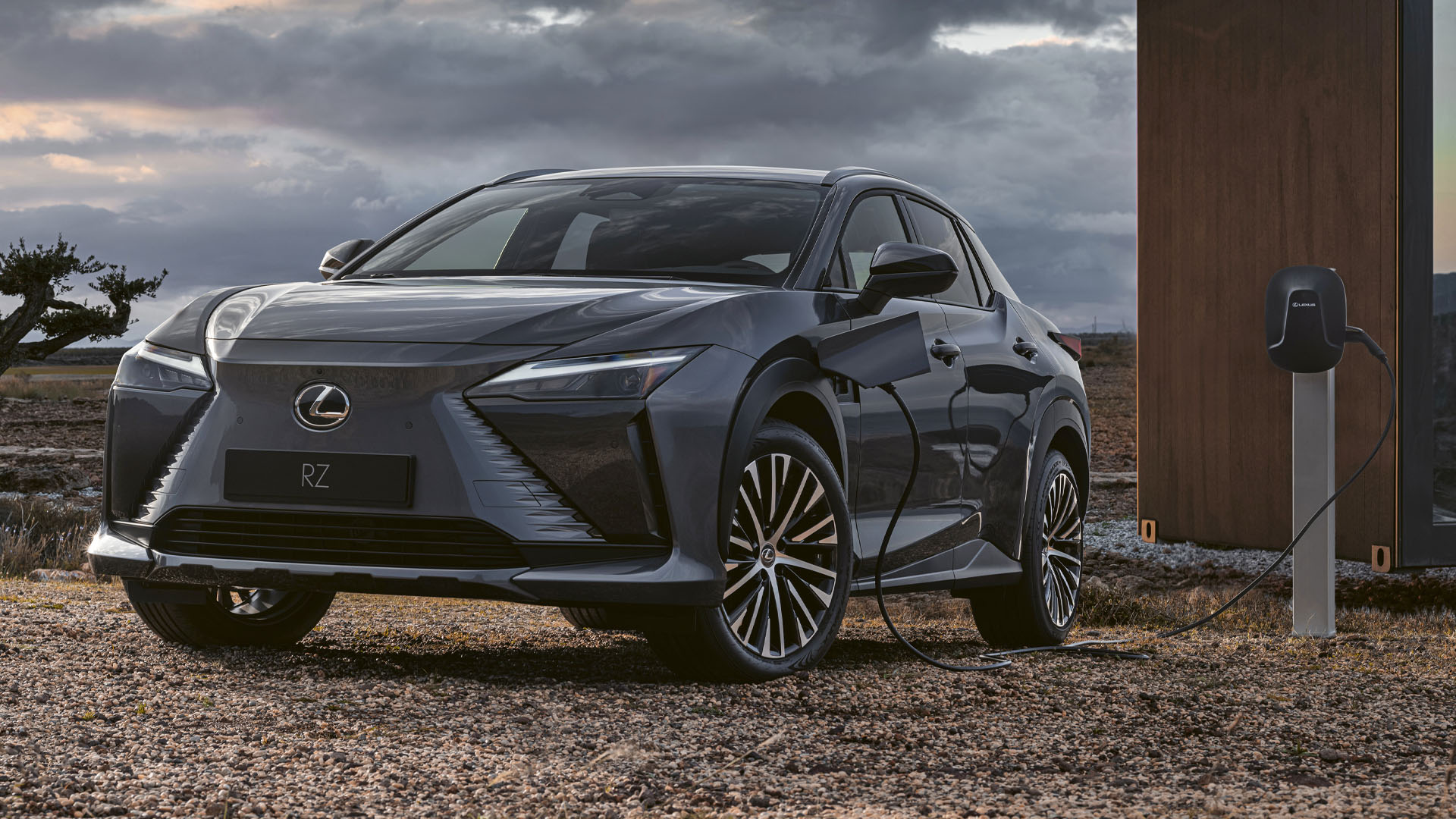
Reuters recently reported that Lincoln will have five BEVs on sale by 2026, all of them SUVs/crossovers. Exactly what they will be beyond the obvious reworked Mustang Mach-E is hard to say. An electric Navigator to take on the all-but-confirmed electric Escalade is absolutely necessary and you have to imagine one is coming. Ford even has a head start considering it’s already got a body-on-frame BEV platform in production with the F-150 Lightning. But so far, crickets.
If we’re talking electric replacements for the Corsair, Nautilus, and Aviator, that’s all well and good, but what Lincoln needs to stand out is a halo product that’s not the Navigator. Lexus plans an electric halo car. Genesis will reportedly put its gorgeous convertible GT concept into production. Cadillac has the big-deal Celestiq; it was telling that while Cadillac was showing the near-production version of that around this year’s Pebble Beach, Lincoln did nothing more than display a design prototype that, on account of not having actual wheels, will not make it into production. While Lincoln is still imagining what a halo might look like, Cadillac is buffing the paint on its own dream realized.
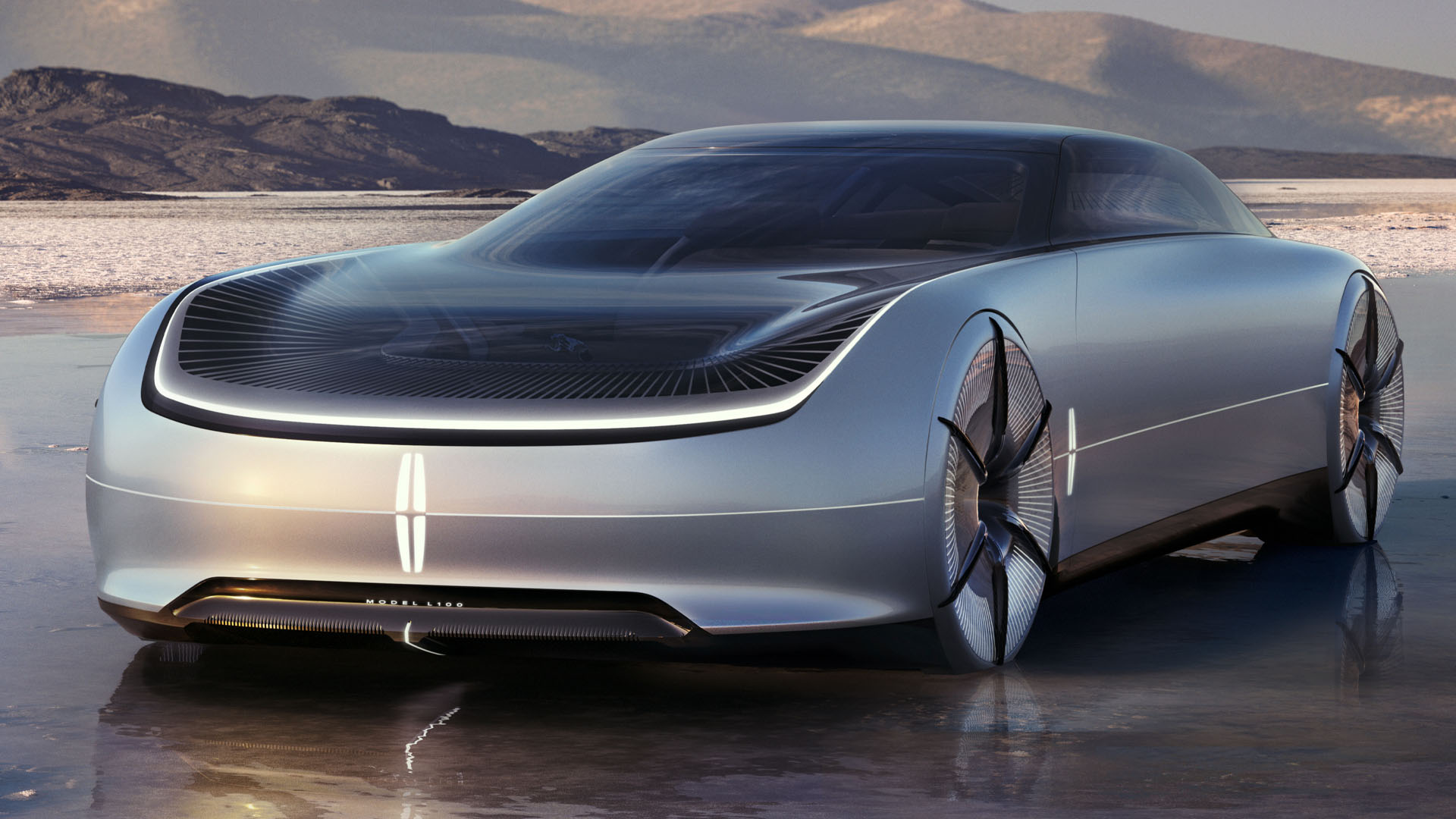
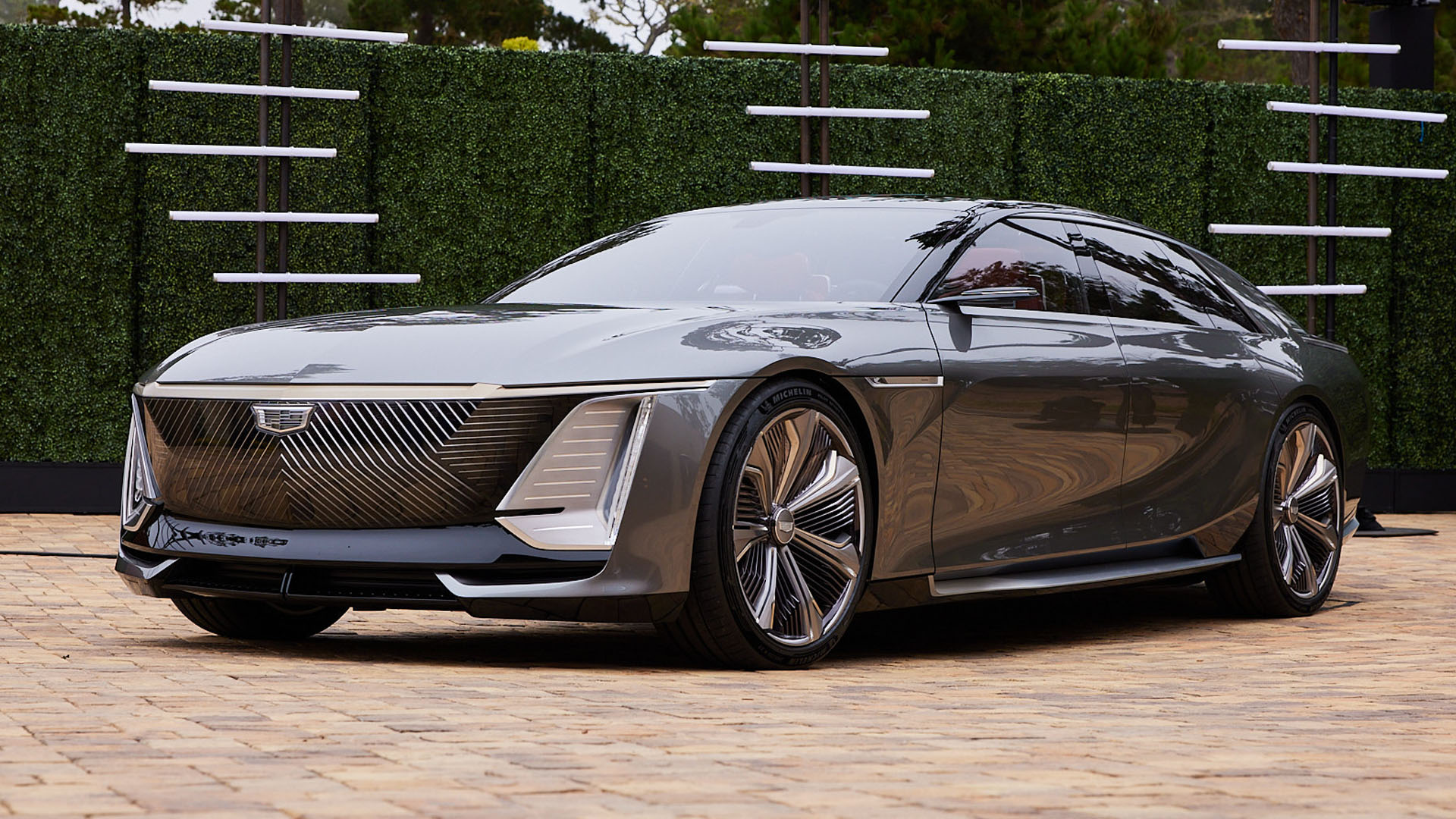
Lincoln is, to put it lightly, in a tough spot. It doesn’t have its parent Ford’s advantage of being first to market of the Big Three, like in the case of the F-150 Lightning and the Mustang Mach-E. Neither does Ford have the same scale to help Lincoln as GM invests in Cadillac. If rumors are to be believed it also has no inspiring electric jaw-dropper planned to win the hearts and minds of its customers, who will definitely have more diverse options from Japan, Korea, Europe, and GM.
The brand, in a nutshell, needs to deliver, and deliver soon. In the shadow of its rapidly electrifying rivals, it has no other choice.
Got a tip? Email us at tips@thedrive.com